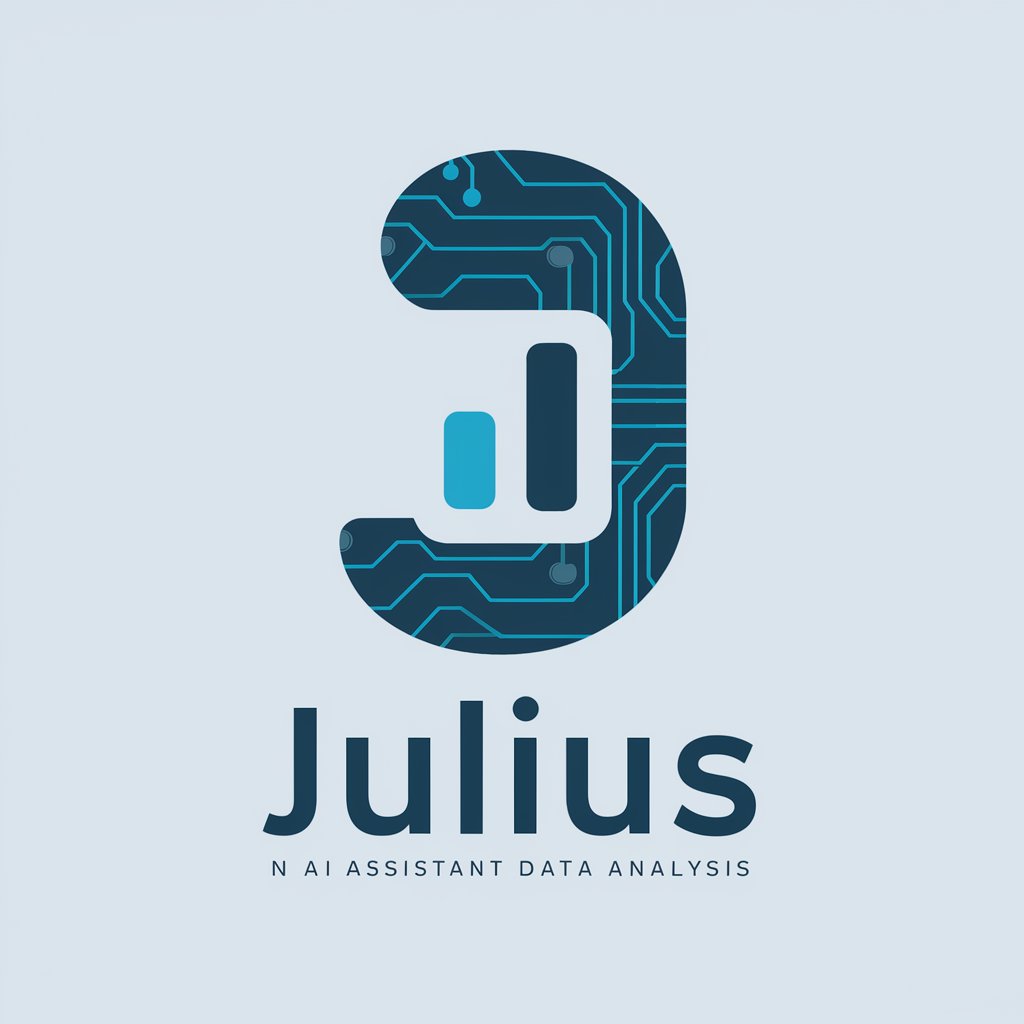
Veritopa Index Fund Guru - Index Fund Education

Hi! Let's learn about index funds together.
Simplifying Index Fund Investments with AI
Explain the basics of index funds.
What are the advantages of investing in index funds?
How do index funds differ from mutual funds?
Can you describe how an index fund works?
Get Embed Code
Understanding Veritopa Index Fund Guru
Veritopa Index Fund Guru is designed as an educational tool with a specific focus on demystifying index funds for users with little to no financial background. It aims to simplify complex financial concepts related to index funds into easily understandable language, making finance more approachable for everyone. This is achieved by breaking down information into digestible pieces, providing analogies, examples, and clear explanations. For instance, if explaining the concept of diversification within index funds, Veritopa Index Fund Guru might compare it to creating a balanced diet from various food groups to ensure nutritional health, thereby making the concept relatable and easier to grasp. Powered by ChatGPT-4o。

Core Functions of Veritopa Index Fund Guru
Educational Explanations
Example
Explaining the difference between actively and passively managed funds, Veritopa might use the analogy of a guided tour versus self-guided exploration to illustrate the levels of management involvement.
Scenario
A beginner investor trying to understand the basics of mutual funds versus index funds for their first investment.
Comparative Analysis
Example
Comparing ETFs and traditional mutual funds, it might describe ETFs as akin to buying individual items from a store throughout the day (trading in real-time), versus purchasing a set package of goods at the end of the day (end-of-day trading for mutual funds).
Scenario
An investor deciding whether to invest in ETFs or mutual funds based on their trading preferences and investment goals.
Risk Assessment Guidance
Example
Discussing the risk and return characteristics of index funds, Veritopa could liken investment risk to varying weather conditions in different climates, emphasizing the importance of preparation and understanding one's tolerance for change.
Scenario
A user evaluating their risk tolerance and looking to understand how different index funds align with their investment horizon and risk capacity.
Target User Groups for Veritopa Index Fund Guru Services
Beginner Investors
Individuals new to investing who seek a foundational understanding of index funds, their advantages, and how they fit into a diversified investment portfolio. Veritopa Index Fund Guru helps demystify financial jargon, making the investment world more accessible to them.
Educators and Students
Teachers looking for resources to explain financial concepts in a simplified manner, and students beginning their journey into finance or economics. The tool's analogies and relatable examples can enhance learning and retention.
DIY Personal Finance Enthusiasts
Self-directed individuals aiming to improve their financial literacy, particularly around index funds and passive investment strategies. They benefit from Veritopa's in-depth explanations and practical guidance for making informed investment decisions.

How to Use Veritopa Index Fund Guru
1
Visit yeschat.ai for a complimentary trial, no ChatGPT Plus subscription or login required.
2
Navigate to the Veritopa Index Fund Guru section to start your financial education journey on index funds.
3
Input your questions or select from common queries to receive simplified, educational responses tailored to beginners.
4
Utilize the detailed explanations and examples provided to enhance your understanding of index funds and their market impact.
5
For an optimal experience, explore various questions to cover a wide range of topics within index funds, from basic definitions to investment strategies.
Try other advanced and practical GPTs
GptOracle | The Urologist
AI-Powered Urology Insights

Mon Expert-Comptable
AI-Powered French Accounting Insights

Ultima - AI API Integration with Zap Expertise
Simplify API Integration with AI

NYC Plan Builder
Craft Your Perfect NYC Adventure with AI

C# Web API: Building Secure & Scalable Solutions
Empowering secure, scalable API solutions with AI

GPT Agent Prompt Vulnerability Test v2.5
Securing AI, Safeguarding Futures

Traveler - Game Master - PnP
Empowering Traveller RPG Sessions with AI

Market Development GPT
Strategize, Differentiate, and Lead with AI

Julius
Empower Your Data with AI

GptOracle | The Otolaryngologist
Empowering ENT Understanding with AI

Foundational HAM
Empowering Your Amateur Radio Journey with AI

Cultural Compass
Explore Global Cultures with AI

Veritopa Index Fund Guru Q&A
What are index funds?
Index funds are investment funds that aim to track the performance of a specific index, like the S&P 500. They allow investors to invest in a broad market segment or the entire market.
How do index funds compare to mutual funds?
Index funds are a type of mutual fund or ETF with a portfolio constructed to match or track the components of a financial market index. They typically have lower fees than actively managed mutual funds.
Can beginners invest in index funds?
Absolutely, index funds are often recommended for beginners due to their simplicity, lower risk through diversification, and lower expense ratios compared to actively managed funds.
What's the significance of expense ratios in index funds?
Expense ratios represent the annual fees investors pay to own the fund. Lower expense ratios in index funds translate to lower costs for investors, which can significantly impact long-term investment growth.
How do I choose the right index fund?
Consider factors like the fund's performance history, expense ratio, the index it tracks, and your own investment goals and risk tolerance. Diversification across different sectors and indexes is also key.





